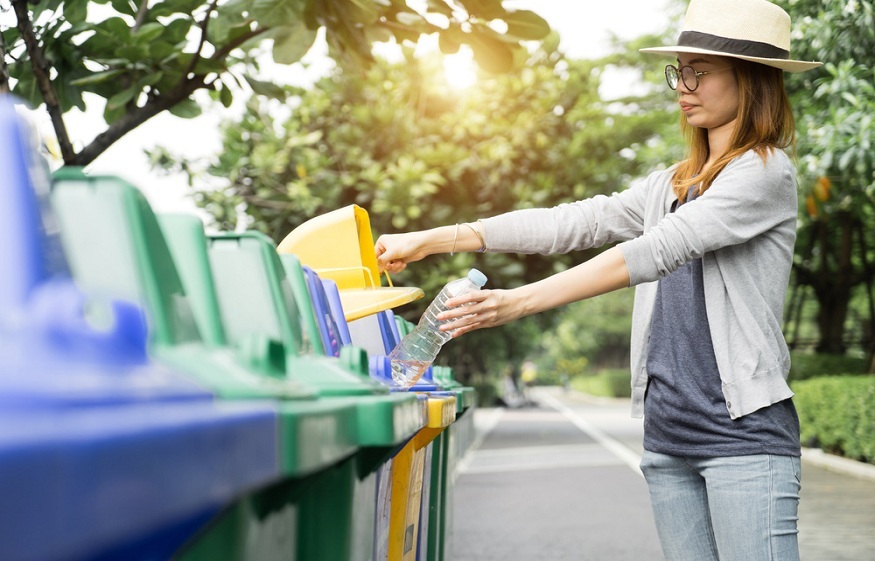Wouldn’t it be wonderful if all of humanity were altruistic enough to recycle just because it is the right thing to do? Sure it would. But we know that so much altruism doesn’t exist. Deep down inside, we also know that money is a more powerful motivator than altruism. That is why successful recycling, at the end of the day, is a proposition driven by money.
Some people find that reality too harsh to deal with. It’s unfortunate because there’s nothing wrong with reaping a reward for one’s efforts. You go to work and expect to be paid. Your expectation is reasonable. Likewise, a recycling company expects to earn a profit on its efforts. That company is doing the work to recycle. It deserves to be paid.
Two Financially Viable Projects
If you are still stuck in the altruistic version of recycling, step back and take a look at the NextCycle Colorado business incubator program. Every year, the program holds a pitch competition for entrepreneurs looking for assistance in taking their recycling to the next level. Their pitches must be related to recycling in some way, shape, or form.
The 2022 competition was held in Boulder in June. From all the applications received, the program narrowed them down to just nine competitors. Each of the competing teams had equal opportunity to pitch their ideas to a panel of experts.
Lo and behold, the two winning pitches were for ideas that have already demonstrated an ability to generate revenue. One of the teams turns recycled plastic waste into disc golf mini discs. Their company has been producing and selling them for a while now.
The other winning pitch came from a pair of researchers who work for the Department of Energy. They have come up with a way to transform plastic textile waste into recycled material that can be used in the production of new plastic products.
You Just Have to Make Money
So why can projects like the two winning NextCycle Colorado pitches work while municipal recycling programs tend to fail? You need to go back to the money. Any organization hoping to successfully recycle without losing its financial shirt needs to be able to turn their efforts into revenue.
NextCycle Colorado aside, consider a Tennessee company known as Seraphim Plastics. They purchase, process, and sell tons of recycled plastic every year. They are doing well enough to operate in seven states including Indiana, Michigan, Kentucky, and Tennessee.
Seraphim has worked out a process that makes industrial plastic recycling profitable. Furthermore, they are not the only ones doing it. Similar companies across the country have figured out that industrial scrap plastic can be recycled for a profit if you do it right.
Residential Recycling Is Unprofitable
The difference between what Seraphim does and what most municipal recycling programs do boils down to profit. Seraphim makes money; municipalities lose it. Municipalities lose so much money that most of their residential recycling programs are wholly unprofitable. It is no wonder so many of the programs are being abandoned.
Municipal programs could be profitable if they followed the same model industrial recyclers use. But that would require a lot more effort from municipalities and consumers. It would require getting a lot of people on board with a model that municipal recyclers have been reluctant to adopt. Their reluctance stems from the fact that it is easier and cheaper to throw recyclables in the landfill.
Solve the money problem and you solve the residential recycling problem. Like it or not, successful recycling is all about money at the end of the day.




